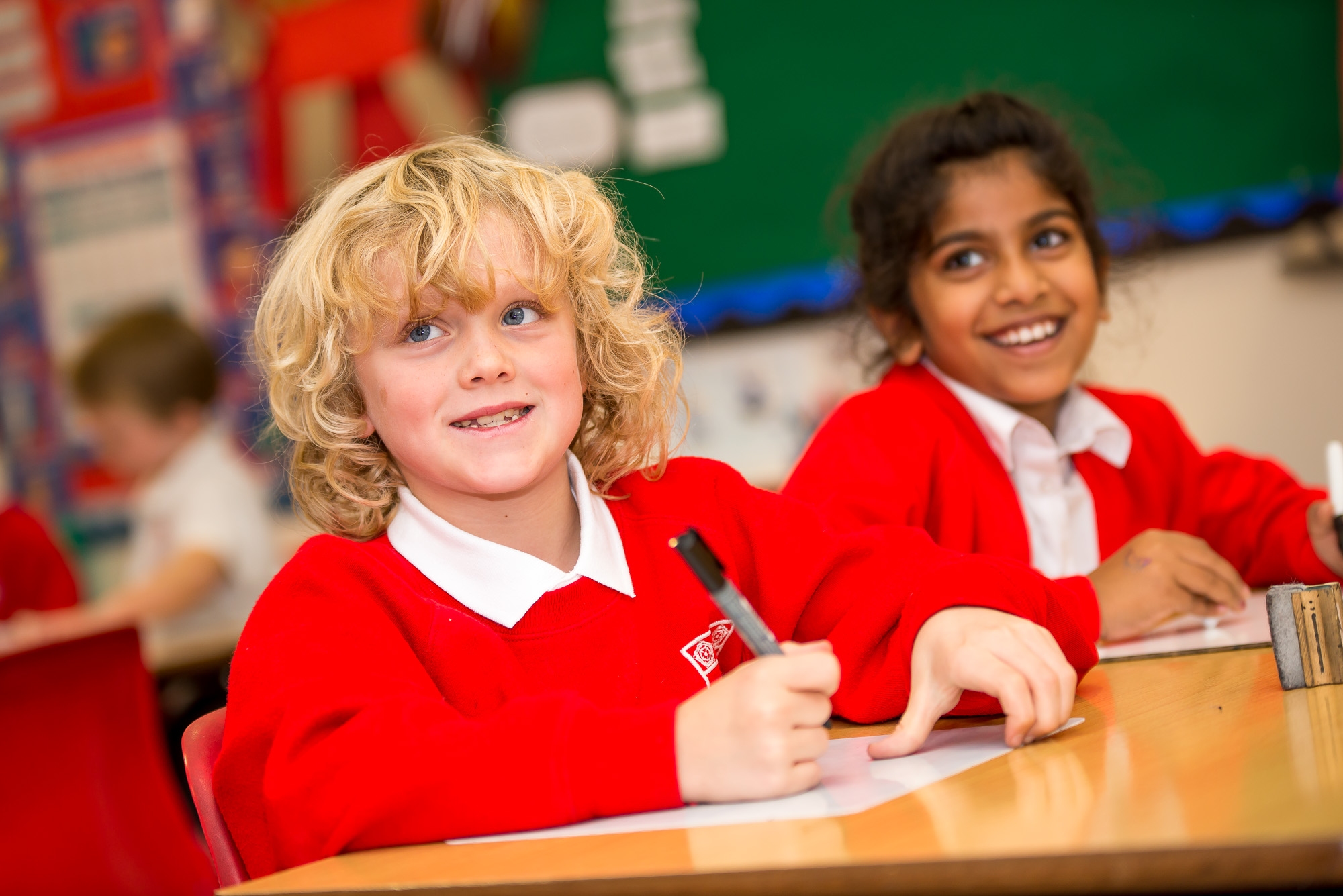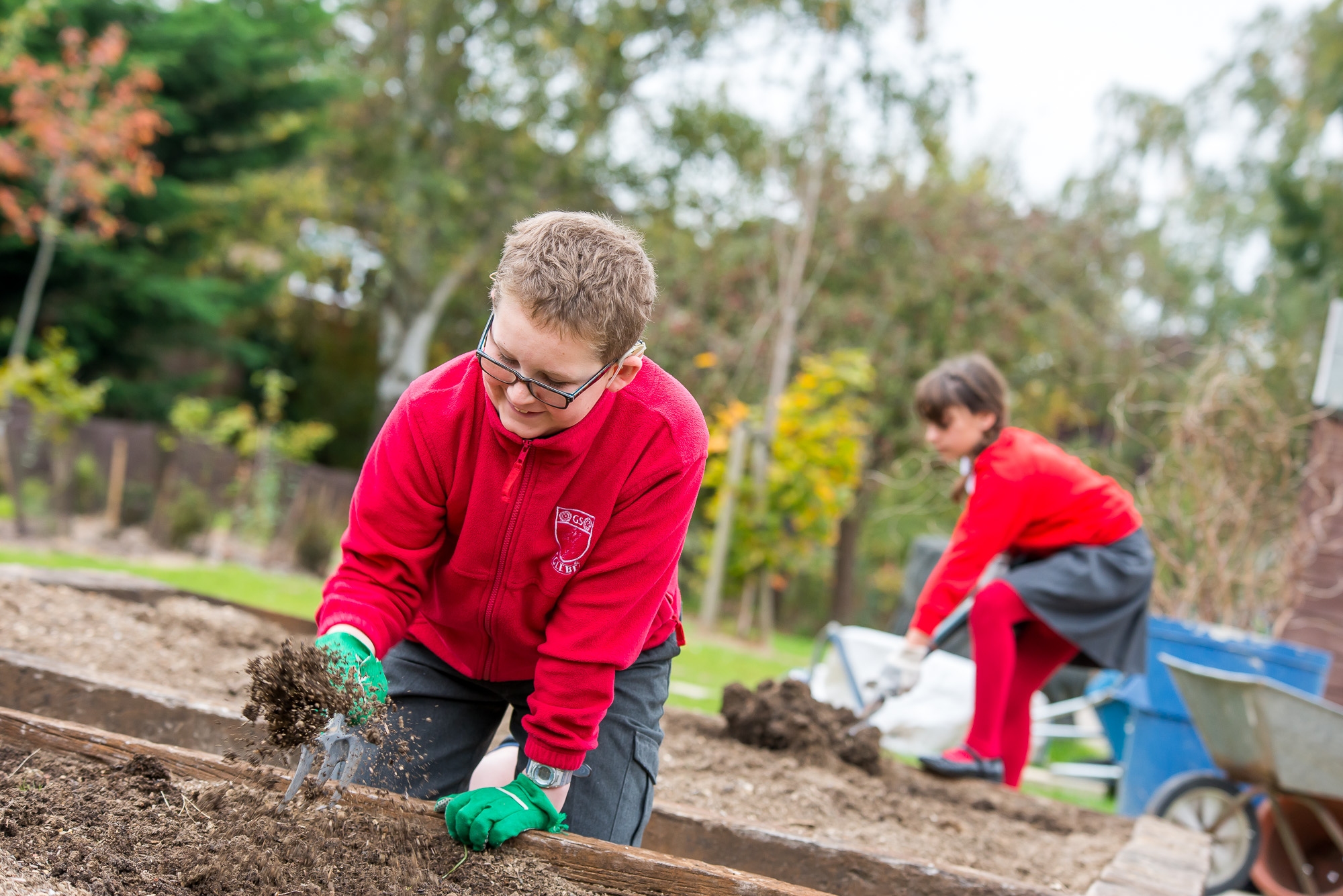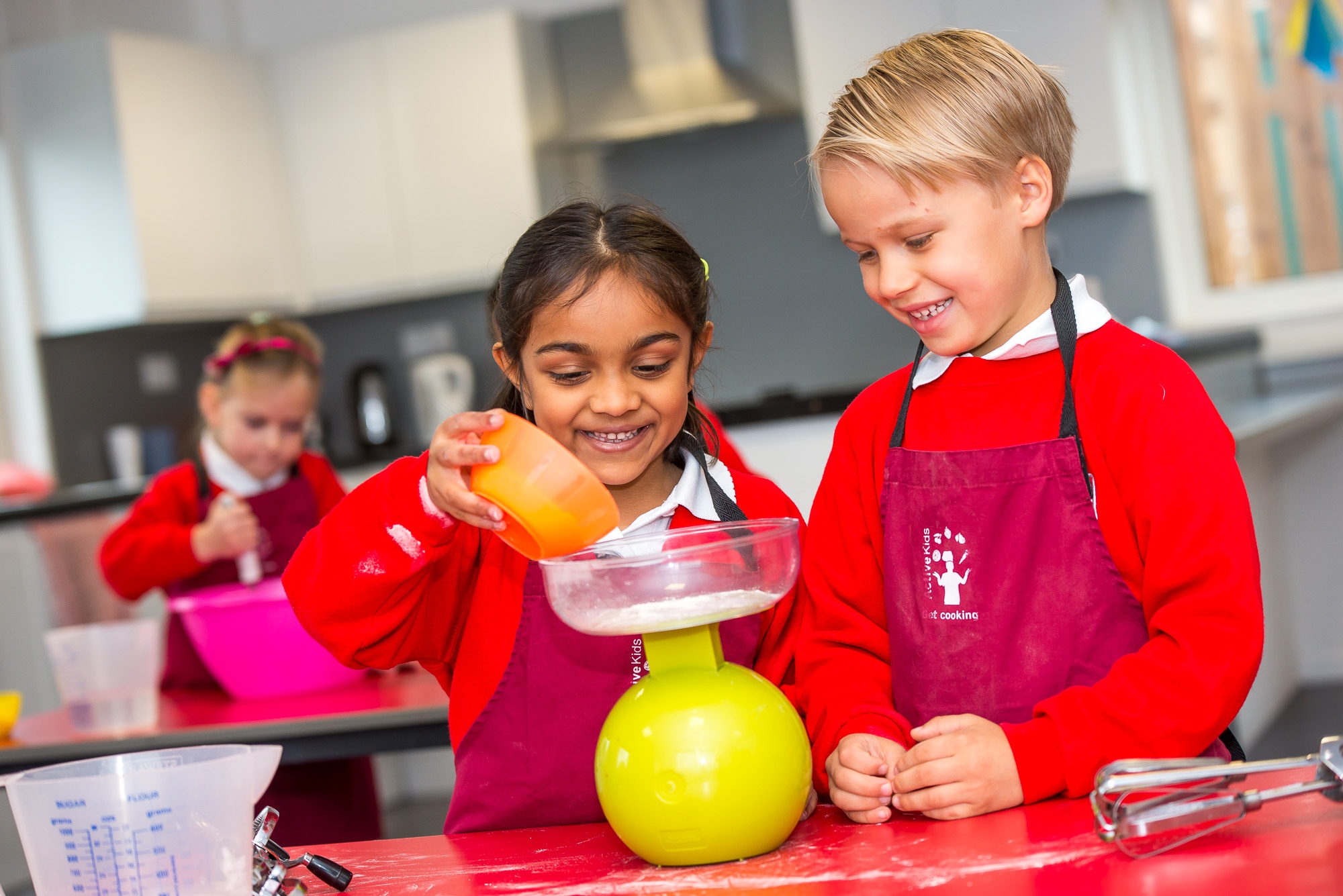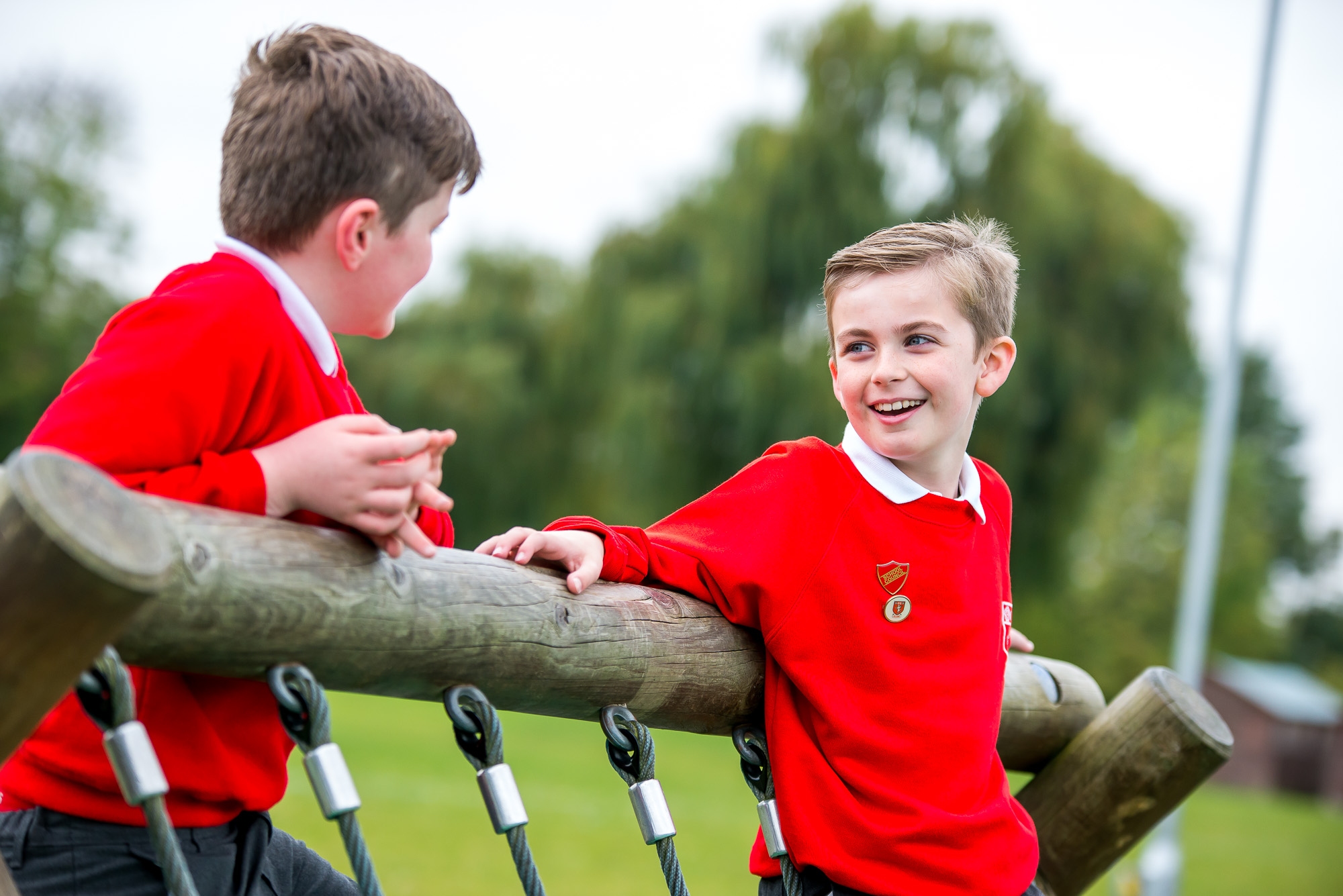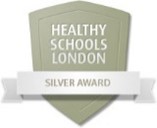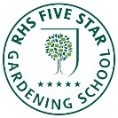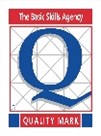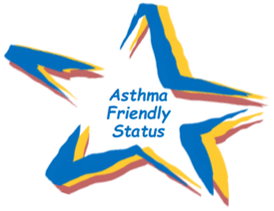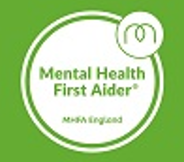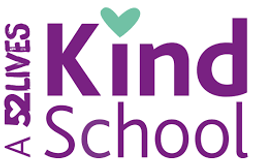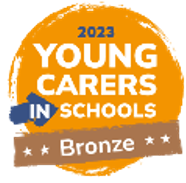Ickenham library offers children, who are members of the library and those who can present their library card (and parent's permission), access to their language activities for free using KidSpeak - https://www.hillingdon.gov.uk/article/7863/Learning
We believe that the aims Modern Foreign Languages are to ensure that children:
· Understand and respond to spoken and written language from a variety of authentic sources.
· Are able to speak with increasing confidence, fluency and spontaneity, finding ways of communicating what they want to say, including through discussion and asking questions, and that they are continually improving the accuracy of their pronunciation and intonation.
· Can write at varying length, for different purposes and audiences, using the variety of grammatical structures that they have learnt.
· Discover and develop an appreciation of a range of writing in the language studied. A high-quality languages education should foster children’s curiosity and deepen their understanding of the world.
At Glebe Primary School we are committed to ensuring that competence in another language enables children to interpret, create and exchange meaning within and across cultures. It also helps children develop skills that will open further opportunities later in life. The teaching of French in Key Stage 2 provides an appropriate balance of spoken and written language and lays the foundations for further foreign language teaching at Key Stage 3.
Key stage 2:
Pupils should be taught to:
· listen attentively to spoken language and show understanding by joining in and responding
· explore the patterns and sounds of language through songs and rhymes and link the spelling, sound and meaning of words
· engage in conversations; ask and answer questions; express opinions and respond to those of others; seek clarification and help
· speak in sentences, using familiar vocabulary, phrases and basic language structures
· develop accurate pronunciation and intonation so that others understand when they are reading aloud or using familiar words and phrases
· present ideas and information orally to a range of audiences
· read carefully and show understanding of words, phrases and simple writing
· appreciate stories, songs, poems and rhymes in the language
· broaden their vocabulary and develop their ability to understand new words that are introduced into familiar written material, including through using a dictionary
· write phrases from memory, and adapt these to create new sentences, to express ideas clearly
· describe people, places, things and actions orally and in writing
· understand basic grammar appropriate to the language being studied, including (where relevant): feminine, masculine and neuter forms and the conjugation of high-frequency verbs; key features and patterns of the language; how to apply these, for instance, to build sentences; and how these differ from or are similar to English.
What do our pupils say?
Do you enjoy French and why?
Year 3 pupil: Yes, it is fun to learn more languages. I can speak 4 languages; one of them is troll, which is easy because you just have to growl.
Year 4 pupil: Yes, we learn a new language and it is nice to learn something new.
Year 5 pupil: Yes, if I go to France I know what to say.
Year 6 pupil: Yes, it is fun to learn a new language.
Why is French important?
Year 3 pupil: When you travel to other countries where they only speak French, you can ask them questions. Also, I can speak to friends who speak French and I can understand them better.
Year 4 pupil: If we meet somebody who only speaks French, we can ask them questions and help them.
Year 5 pupil: To understand people who speak French.
Year 6 pupil: So you can talk to people who can speak French instead of being stuck and not knowing what to say.
What have you learned so far?
Year 3 pupil: Learning numbers 1-10
Year 4 pupil: Learning numbers up to 20, names of animals, days of the week, all the months, adjectives such as big and small and how to greet somebody.
Year 5 pupil: Greetings, colours, numbers, flag of France and important monuments such as the Eiffel Tower.
Year 6 pupil: Days of the week, greetings, saying if you like a certain subject, numbers, time, certain buildings such as the supermarket.
Can you say something in French?
Year 3 pupil: counted to 10 in French.
Year 4 pupil: Bonjour, comment ça va?
Year 5 pupil: Bonjour, comment ça va? Je m'appelle ... Au revoir.
Year 6 pupil: Tu aimes les maths? Je m'appelle ... Le supermarché

